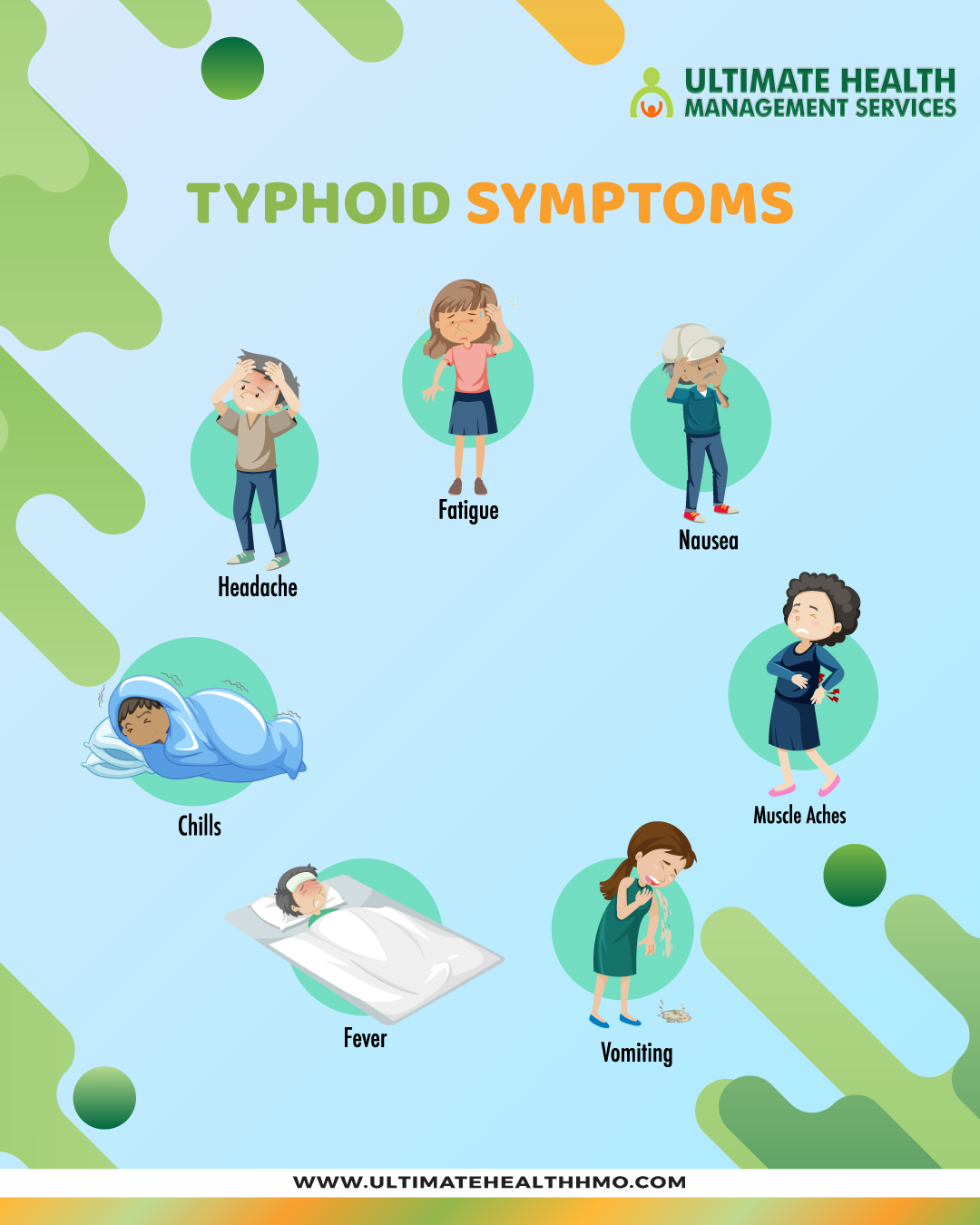Typhoid fever, or enteric fever, is a bacterial infection caused by Salmonella typhi. It is commonly transmitted through contaminated food and water and is prevalent in areas with poor sanitation and hygiene practices.
Symptoms of typhoid include persistent fever, headache, muscle aches, and gastrointestinal issues like diarrhoea or constipation. Without proper treatment, it can lead to severe complications such as intestinal bleeding, perforation, and even death.
Prevention is key when it comes to typhoid fever. This includes: regularly washing hands with soap and water; drinking only clean and safe water; and avoiding raw or undercooked food. Vaccination is also available as a preventive measure and is recommended for travelers to high-risk areas.
If you suspect you or someone you know has typhoid fever, it is important to seek medical attention immediately. Treatment usually involves antibiotics, and patients should also maintain hydration levels and rest as much as possible.
By taking the necessary precautions and seeking prompt treatment, typhoid fever can be managed effectively, and its complications avoided.
Treatment of Typhoid
Typhoid fever can be cured with medicine called antibiotics. If it is caught early, people may be able to take the medicine at home for 7-14 days. More serious cases need to be treated in hospital with injections. If people take the medicine quickly, they should get better within a few days. Drug resistance can make treatment more complicated and expensive. Even after the illness is cured, some people still carry the bacteria and can pass it on through their poop. People with typhoid fever should take their medicine for as long as the doctor tells them, wash their hands after using the bathroom and avoid preparing food for others to stop the sickness from spreading.
Prevention of Typhoid
To prevent typhoid fever, it is important to have access to safe water. This means making sure the water you drink is clean and free of harmful bacteria. The water supply system needs to be properly controlled and treated in urban areas. In rural areas, wells should be treated with chlorine or other disinfectants. It’s also important to disinfect and store water properly in the home. Food safety is also important since contaminated food can spread typhoid fever. You can reduce the risk of infection by washing your hands with soap before preparing or eating food, avoiding raw food and shellfish, and eating only freshly cooked food. Proper sanitation is also important in reducing the spread of all diarrheal bacteria. Lastly, vaccines can be used to prevent typhoid fever. There are three types of typhoid vaccines available. Since 2008, the World Health Organization (WHO) has recommended vaccination as a control measure for typhoid in endemic and epidemic settings.
You don’t have to pay out-of-pocket every time you need to see a doctor. Get health insurance so that routine medical care does not disrupt your finances. Call 0700 ULTIMATE (0700 8584 6283) to explore health insurance today.



